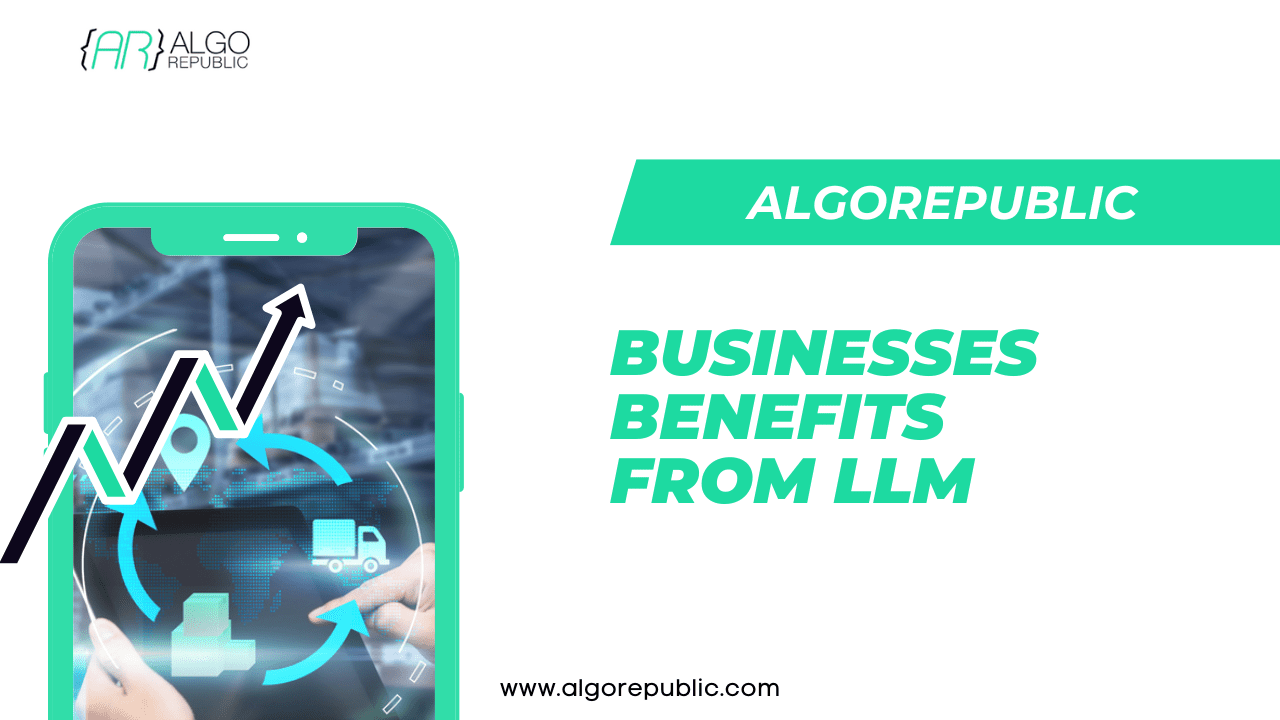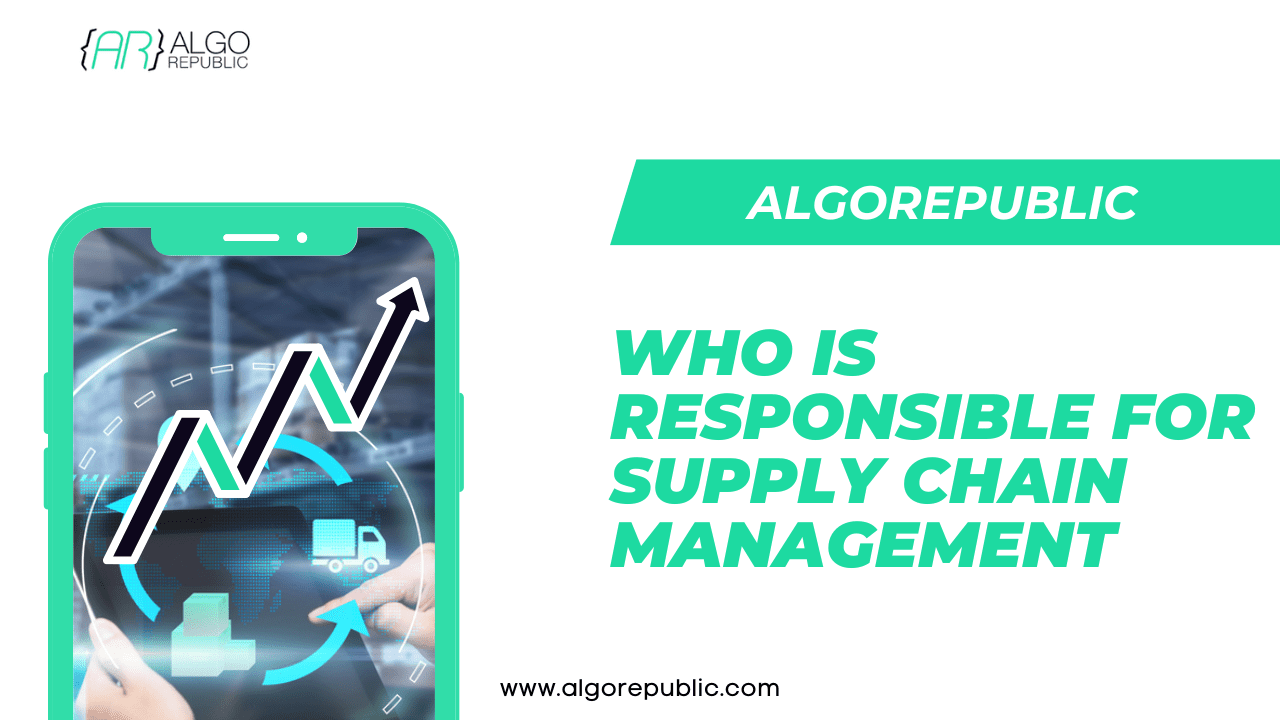Blockchain technology, initially synonymous with cryptocurrency, has evolved into a versatile innovation with applications reaching far beyond digital currencies like Bitcoin. While cryptocurrencies remain one of the most prominent use cases, blockchain’s potential extends to various industries, solving real-world problems through transparency, security, and decentralization.
Supply Blockchain Management:
One of the most compelling applications of blockchain is in supply chain management. Imagine being able to trace the journey of a product from its origin to your hands with complete transparency. Block chain makes this possible by creating an immutable ledger of all transactions and movements, ensuring authenticity and reducing the risk of counterfeiting. This technology is being embraced by industries like food, pharmaceuticals, and luxury goods to improve accountability and ensure quality.
Healthcare:
In the healthcare sector, blockchain is revolutionizing how patient data is stored and shared. It enables secure and interoperable electronic health records (EHRs), empowering patients to have control over their health data. With patients’ consent, healthcare providers can access a patient’s complete medical history instantly and securely, leading to better-informed decisions and improved patient care.
Voting Systems:
Traditional voting systems are often plagued by issues such as voter fraud and mistrust in the electoral process. Block chain has the potential to transform this critical aspect of democracy. By creating a tamper-proof voting system, it ensures the integrity of elections and enhances trust in the democratic process.
Intellectual Property (IP) and Copyright Protection:
Artists, writers, and creators have long struggled with protecting their intellectual property. Blockchain offers a solution by providing an immutable record of creation and ownership. This ensures that artists receive due credit and compensation for their work, while also making it nearly impossible to plagiarize or steal intellectual property.
Real Estate:
Property transactions involve a complex web of intermediaries and paperwork, which can be costly and prone to errors. Block chain simplifies this process by enabling direct peer-to-peer transactions. Property ownership records can be securely stored on the blockchain, reducing fraud and ensuring the legitimacy of land titles.
Identity Verification:
Identity theft and data breaches have become increasingly prevalent concerns. Blockchain can create a secure and decentralized identity verification system, where individuals have control over their personal data. You can share specific aspects of your identity without revealing sensitive information, enhancing privacy and security.
Cross-Border Payments:
While cryptocurrencies have been at the forefront of cross-border payments, blockchain technology itself can significantly improve the efficiency and cost-effectiveness of international money transfers. It eliminates the need for multiple intermediaries and reduces transaction times, making remittances faster and cheaper.
Smart Contracts:
Smart contracts are self-executing contracts with the terms of the agreement directly written into code. They automatically execute when predetermined conditions are met. These contracts have applications in various sectors, including insurance, legal, and real estate. For instance, insurance claims can be automatically processed when certain conditions are met, expediting payouts and reducing fraud.
Gaming:
The gaming industry is incorporating blockchain to create digital assets that players can own and trade across different games. This provides gamers with true ownership of in-game items, and these assets can have real-world value.
Non-Profit Organizations:
Blockchain technology can enhance transparency and accountability in the nonprofit sector. Donors can track how their contributions are being used, ensuring that funds are directed toward their intended purposes.
In conclusion, while cryptocurrencies remain an essential part of the blockchain story, the technology’s potential extends well beyond digital coins. Blockchain has already begun to disrupt multiple industries by offering transparency, security, and decentralization. Its impact on supply chain management, healthcare, voting, intellectual property protection, and various other sectors is transforming how we live and do business.
If you are looking for efficient blockchain solutions, Algorepublic is your trusted partner for the optimal results. As blockchain continues to evolve, its applications are limited only by our imagination, and its promise of a more transparent and secure future is becoming a reality.
Source: Blockchain Beyond Cryptocurrency: Emerging Use Cases


